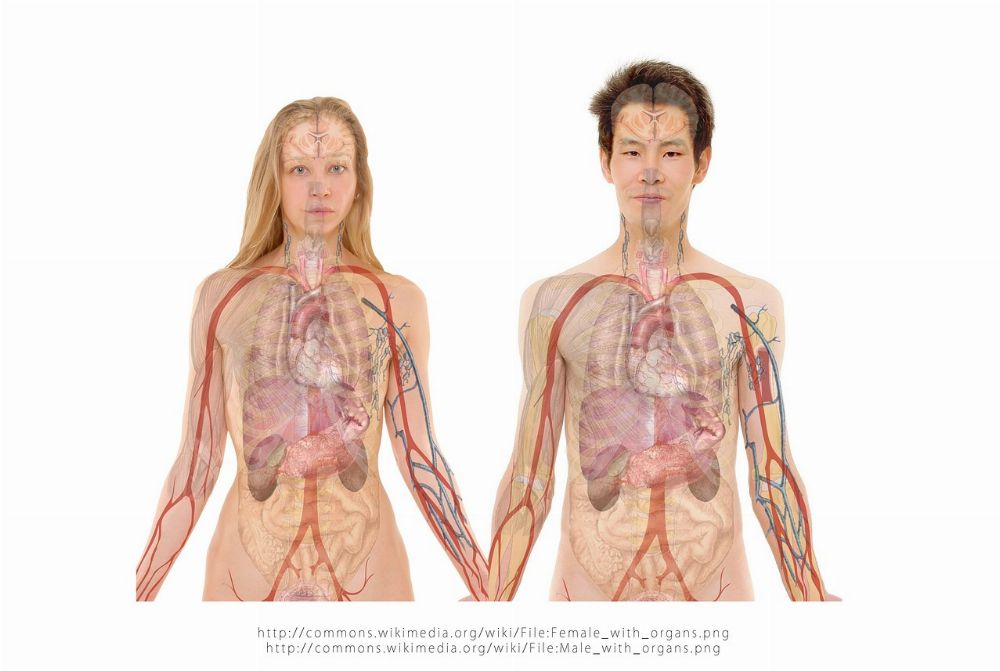Understanding Human Longevity: Lifespan Statistics, Influencing Factors, and Ways to Prolong Life
Human life expectancy has varied widely throughout history and across different regions. While some people live well into their 90s or even beyond, others may only expect to live for a few decades. Understanding the intricacies of longevity involves examining statistics, lifestyle factors, and environmental influences that affect lifespan.
Global Life Expectancy: A Statistical Overview
According to the World Health Organization (WHO), the global average life expectancy was approximately 73.4 years in 2019. However, this number masks significant variations across countries and regions:
- Japan: Japan has one of the highest life expectancies in the world, averaging about 84.5 years. Factors contributing to this longevity include a healthy diet rich in fish and vegetables, an active lifestyle, and a strong healthcare system.
- Switzerland: With an average life expectancy of around 83.5 years, Switzerland benefits from excellent healthcare, a high standard of living, and a focus on mental well-being.
- United States: The average life expectancy in the U.S. is about 78.5 years, influenced by lifestyle choices, access to healthcare, and socioeconomic factors.
- Sierra Leone: In contrast, Sierra Leone has one of the lowest life expectancies, around 54 years, primarily due to poverty, lack of healthcare access, and ongoing public health challenges.
Regional Disparities
Life expectancy can also differ significantly within countries. For example, in the U.S., there are notable disparities based on factors like race, income, and geographic location. In urban areas with better healthcare and living conditions, people tend to live longer compared to rural areas with limited access to resources.
Factors Affecting Lifespan
 Several factors influence how long people live, including lifestyle choices, environmental conditions, and even spiritual beliefs. Below are some of the most significant contributors to human longevity.
Several factors influence how long people live, including lifestyle choices, environmental conditions, and even spiritual beliefs. Below are some of the most significant contributors to human longevity.
1. Lifestyle Choices
Diet: A balanced diet is critical for maintaining health and prolonging life. Diets rich in fruits, vegetables, whole grains, and lean proteins can reduce the risk of chronic diseases. The Mediterranean diet, which emphasizes healthy fats (like olive oil), fish, and fresh produce, is linked to lower mortality rates.
Physical Activity: Regular exercise is associated with numerous health benefits, including improved cardiovascular health, better mental health, and enhanced overall well-being. Studies suggest that moderate physical activity can increase life expectancy by several years.
Smoking and Alcohol Consumption: Smoking significantly reduces lifespan and is a leading cause of preventable death worldwide. Excessive alcohol consumption can also lead to various health issues, impacting longevity.
2. Environmental Factors
 Pollution: Air and water quality directly impact health. High levels of air pollution can lead to respiratory diseases and cardiovascular problems, reducing lifespan. Conversely, living in clean environments with access to fresh air and water is associated with longer life.
Pollution: Air and water quality directly impact health. High levels of air pollution can lead to respiratory diseases and cardiovascular problems, reducing lifespan. Conversely, living in clean environments with access to fresh air and water is associated with longer life.
Toxins in Food and Household Chemicals: Exposure to pesticides, heavy metals, and other toxins can have detrimental health effects. Eating organic foods and reducing exposure to harmful household chemicals may contribute to better health outcomes.
3. Technological Influences
Wireless Radiation: Concerns about wireless radiation from devices like smartphones and Wi-Fi routers have emerged in recent years. While research is ongoing, some studies suggest that prolonged exposure to high levels of electromagnetic radiation may have health implications, though consensus in the scientific community remains elusive.
4. Spiritual and Psychological Well-Being
 Spiritual Life: Many studies have found that individuals with a strong sense of purpose and community—often fostered through spiritual or religious beliefs—tend to live longer. This may be due to the psychological benefits of belonging and the coping mechanisms provided by spiritual practices.
Spiritual Life: Many studies have found that individuals with a strong sense of purpose and community—often fostered through spiritual or religious beliefs—tend to live longer. This may be due to the psychological benefits of belonging and the coping mechanisms provided by spiritual practices.
Mental Health: Psychological well-being is closely linked to physical health. Chronic stress, anxiety, and depression can lead to detrimental health effects, while positive mental health can promote longevity.
5. Socioeconomic Factors
 Income and Education: Higher income and education levels often correlate with longer life expectancy. People with better access to resources, healthcare, and education tend to make healthier lifestyle choices and have better health outcomes.
Income and Education: Higher income and education levels often correlate with longer life expectancy. People with better access to resources, healthcare, and education tend to make healthier lifestyle choices and have better health outcomes.
Access to Healthcare: Countries with universal healthcare systems generally have higher life expectancies. Access to preventive care, early diagnosis, and treatment can significantly affect longevity.
How to Prolong Life
While genetics play a role in determining lifespan, many lifestyle changes can promote longevity:
- Adopt a Healthy Diet: Focus on whole, unprocessed foods rich in nutrients. Incorporate plenty of fruits, vegetables, whole grains, and healthy fats into your diet.
- Stay Physically Active: Aim for at least 150 minutes of moderate aerobic activity each week. Incorporating strength training and flexibility exercises can also be beneficial.
- Manage Stress: Engage in stress-reducing activities such as meditation, yoga, or deep breathing exercises. Prioritizing mental health is crucial for overall well-being.
- Limit Toxins: Reduce exposure to harmful chemicals in food, household products, and the environment. Opt for organic foods when possible and use natural cleaning products.
- Foster Social Connections: Building and maintaining strong relationships can provide emotional support and enhance your sense of purpose.
- Regular Check-ups: Routine health screenings and check-ups can catch potential health issues early, making them easier to manage.
- Stay Informed: Keep up with health research and stay informed about the potential effects of technology on health. Make educated decisions about technology use in daily life.
- Cultivate a Sense of Purpose: Engage in activities that provide meaning and fulfillment, whether through work, hobbies, or volunteering.
Conclusion
Human longevity is influenced by a complex interplay of genetics, lifestyle choices, environmental factors, and social conditions. By understanding these influences and making conscious decisions to promote health and well-being, individuals can potentially enhance their lifespan and quality of life. As we navigate the complexities of modern living, prioritizing health through informed choices remains a cornerstone of longevity.
